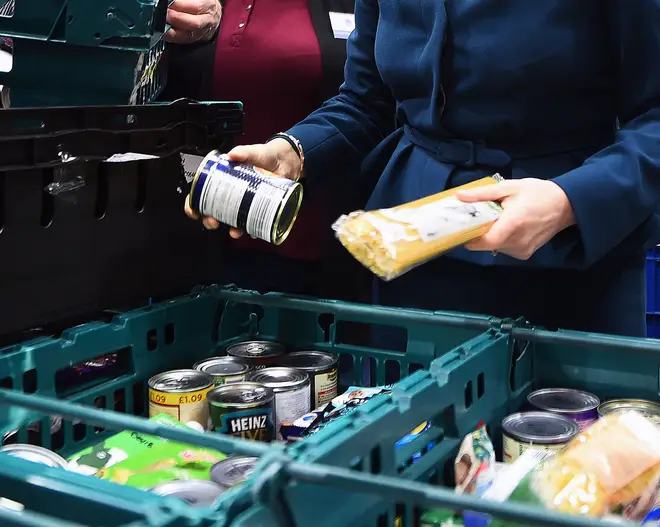
Henry Riley 7pm - 10pm
16 June 2020, 21:38

Kath Dalmeny, Chief Executive of food charity Sustain
This head of a food charity said that ending food poverty in the UK "shouldn't all be about free hand outs."
Kath Dalmeny, is the Chief Executive of food charity Sustain and she was speaking to Iain Dale after a day of crazy scenes where the government made a U-turn on it's free school meal policy, which will be extended through summer 2020 thanks to a campaign by footballer Marcus Rashford.
Iain wanted to know if the executive would be "pushing for this to be made permanent" as her charity, along with the Good Law Project led a suit against the government to ensure children would get free school meals this summer – long before Mr Rashford shone light on the issue.
Iain pointed out that "there are still an increasing number of children who are hungry" despite economic prosperity, and Ms Dalmeny said that this was a question of "what sort of country do we want to be post coronavirus."
She told listeners that the UK needs to start a "serious conversation about minimum income, living wages" in an effort to end food poverty.
The chief of Sustain went on to explain that as the price of living in the UK has gotten higher in recent times, "the impact has been on food budgets, so people go hungry because the rent is too high."

"It shouldn't all be about free handouts" she argued, there must be a change in the system as a whole to give a chance to those on the bottom rung.
Ms Dalmeny told Iain that she was shocked to learn that "government doesn't actually measure how many people need help" and as a result, organisations she's worked with have found that "about 200,000 children in the country have gone hungry during coronavirus."
She also exposed that there are double the amount of children using food charity services on this time last year.
The problem with the system begins with salaries, Ms Dalmeny said, telling LBC that you cannot avail of free meal services unless your household income is below £7,500.
When the bar is set so low, the charity executive feared that when families have to pay for other necessities to get by they "certainly can't be affording all the extras that children's lives are made better by" such as school trips and other activities, seriously impacting on the mental health of young people.